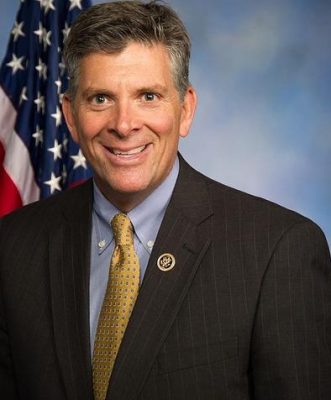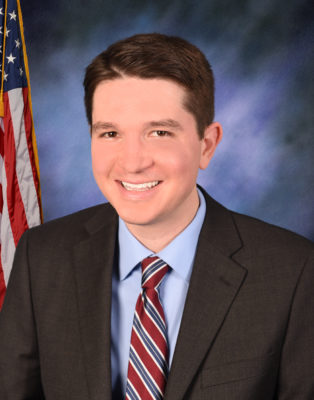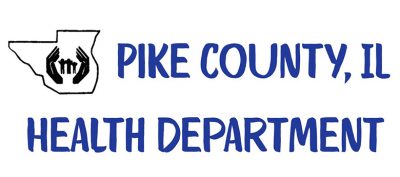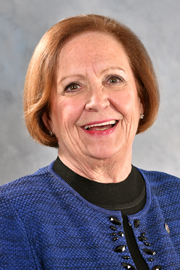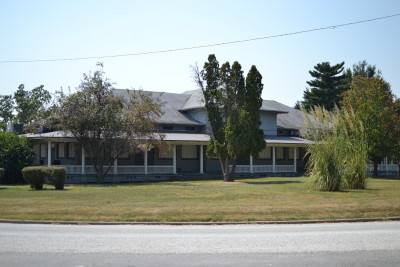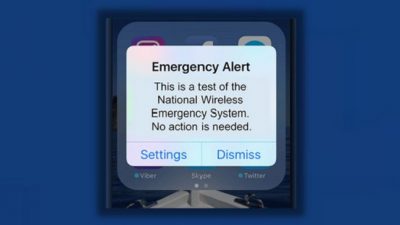The City of Jacksonville is in a spot that many municipalities are in when it comes to construction and capital overlay projects.
The City had to go through an odd bidding and ordinance process because bidders for a roof replacement project could not give solid numbers due to fluctuating material prices and material availability issues related to the COVID-19 pandemic.
Reg Benton, Chief Engineer for Benton & Associates says that the city had to reject an original bid from a Springfield roofing contractor and accept a different one they had to send to the city for roof replacement on the McGee-Spaulding Pavilion in Nichols Park: “In this particular case, it was asphalt shingles that almost every residential home has that was difficult to put a price on the bid. The roofing contractors who specialize in this kind of work were having trouble acquiring the necessary materials to be able to complete the project in the original bidding documents.”
Benton says it’s not an uncommon issue for projects his firm is handling right now: “We are seeing [problems] in a variety of ways. There is certain materials that literally aren’t available at all. In this case [with the shingles], they became available but they just weren’t able to lock in the pricing the way that would normally happen in a municipal public bidding process. In this case, the materials did become available. The contractor had enough foresight to go ahead and buy some shingles kind of, as I think, as a business development effort; so we are able to move this project forward. There are projects that involve other building materials that they are literally not available and the vendors don’t seem to know the reason why.”
The city approved the new bid for the roof at a cost of $89,000.36 from the lone bidder. Benton says he thinks that due to workforce issues, many contractors may not have the time to fit in projects or put in bids for projects like this one: “I suspect that there is some [issues with smaller contractors], but I think for the most part, we have a much smaller workforce in general so those contractors, especially this time of the year, already have a fair amount of work and probably are already busy so that, too, was a factor in how many people bid out this city project.”
The roof replacement is expected to begin as soon as possible to avoid any further damage to the pavilion that has received heavy internal renovation by the city over the last two years.

